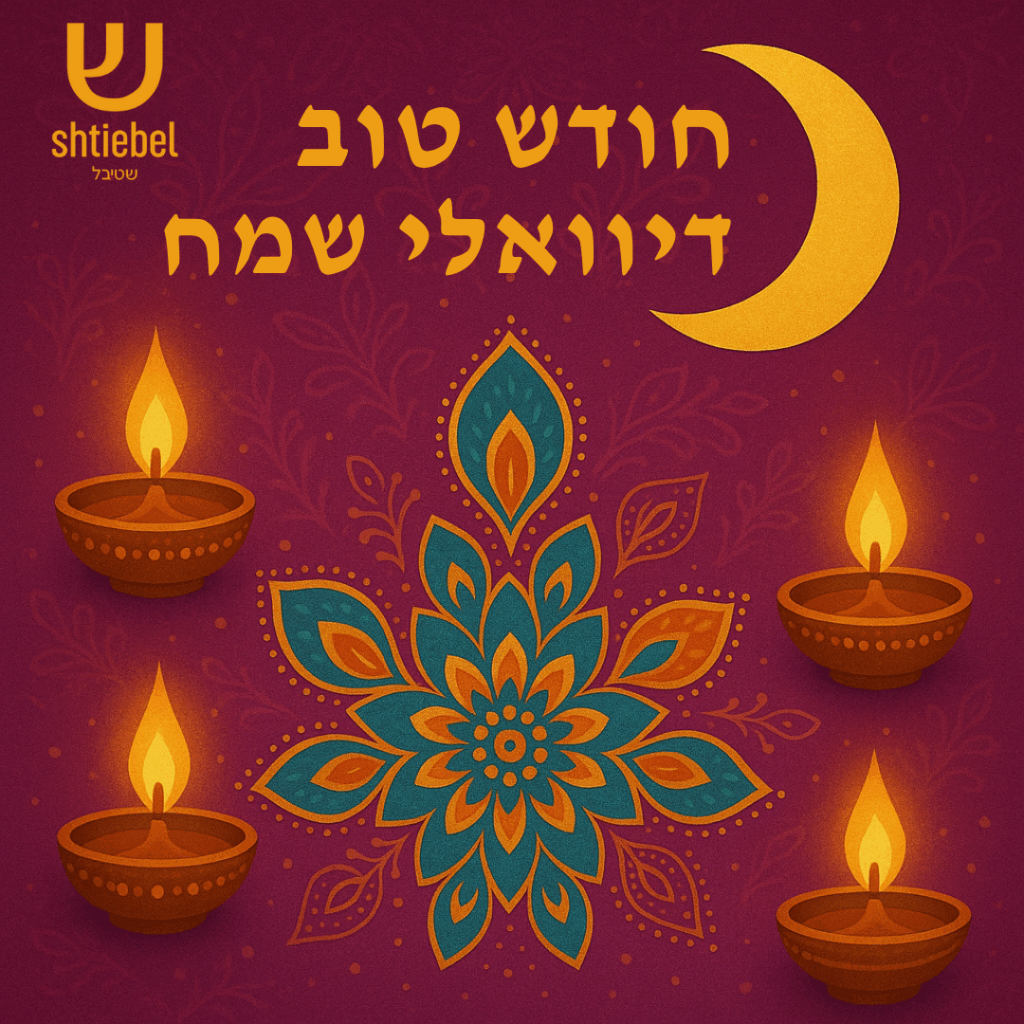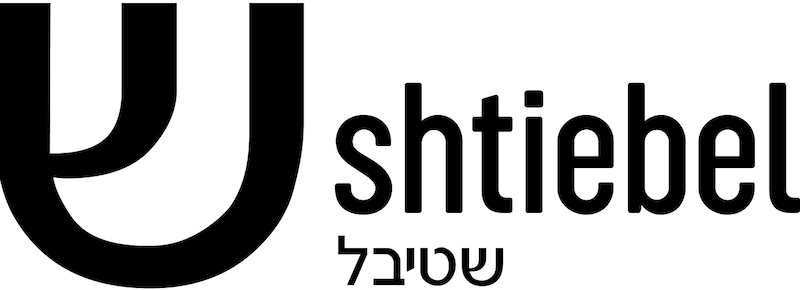
This week, two calendars – two worlds – overlapped in a way that caught my attention. On one hand, we entered the Jewish month of Cheshvan, often called Mar Cheshvan, the “bitter” month. On the other, our Hindu neighbours celebrated Diwali, the festival of lights. Two ancient traditions, two distinct rhythms of time – one marked by absence, the other by radiance.
For Jews, Cheshvan arrives as a deep exhale after the fullness of Tishrei. We’ve journeyed through Rosh Hashanah and Yom Kippur, built and dismantled our sukkot, danced with the Torah, and offered prayers that reached the edges of our emotional and spiritual capacity. By the time Cheshvan dawns, many of us feel spent. The festivals end. The calendar falls quiet. And the silence of ordinary time returns, carrying with it both relief and a faint ache.
It’s no accident that tradition calls this month mar or “bitter.” There are no holidays to punctuate its days, no rituals to lift us, no obvious markers of joy. Cheshvan asks something else of us, to live faithfully in the ordinary, to find holiness not in celebration but in constancy. It is a month of recovery, reflection, and quiet endurance.
And yet, as I looked around this week, the world shimmered. My social media feeds were filled with colour and flame, families lighting diyas, exchanging sweets, celebrating Diwali. While we Jews were settling into stillness, our Hindu friends were kindling light. While we stepped into quiet, they stepped into brightness. And for a moment, I found myself drawing strength from their radiance.
There’s something deeply moving about that contrast. The Jewish calendar turns inward, while the Hindu calendar bursts outward. One invites contemplation, the other celebration. And yet both are responding to the same human longing, the need to make meaning in darkness, to locate hope when the world feels weary, to remember that light doesn’t just banish shadows, it reveals what has been hidden.
We live in a time when communities are retreating behind walls, both real and imagined. The spaces between us – cultural, religious, political – feel sharper and more defended. And yet here, in this simple overlap of calendars, lies a quiet invitation: to notice and draw strength from the light of others. To resist the instinct to shrink into our own fatigue and instead find nourishment in someone else’s joy.
There is something profoundly healing in this act of shared celebration. When we allow ourselves to be lifted by another community’s festival, we remember that light is not a finite resource. It expands when shared. The brilliance of Diwali does not diminish the stillness of Cheshvan; it illuminates it. And in that illumination, we find something our weary souls desperately need – connection.
Our world teaches us to curate our spaces, to surround ourselves with the familiar, the like-minded, the comfortable. But spiritual life invites us to do the opposite: to open the door, to peer across the fence, to find holiness in the glow of someone else’s lamp.
In my own fatigue — the kind that comes after an intense season of prayer, pastoral care, and communal leadership, I have found Diwali’s light unexpectedly restorative. Watching others celebrate, I am reminded that even when our own festivals end, joy still flickers somewhere close by. Sometimes the most faithful act is to stand quietly and let another’s song or candle rekindle your own.
This, I think, is the secret beauty of Mar Cheshvan. It may be bitter in name, but it offers space for sweetness, for noticing, listening, and drawing warmth from others. In its stillness, we are reminded that we do not need to generate light alone. We can share it, reflect it, and pass it forward.
In a world fractured by fear and division, that’s no small thing. It is, in fact, the work of repair.
So as our Hindu neighbours light their diyas this week, may we, too, find the courage to kindle our own lamps, and the humility to be warmed by theirs.
Chodesh Tov. Shubh Diwali. May the light you kindle, and the light you receive, be enough to see you through.
